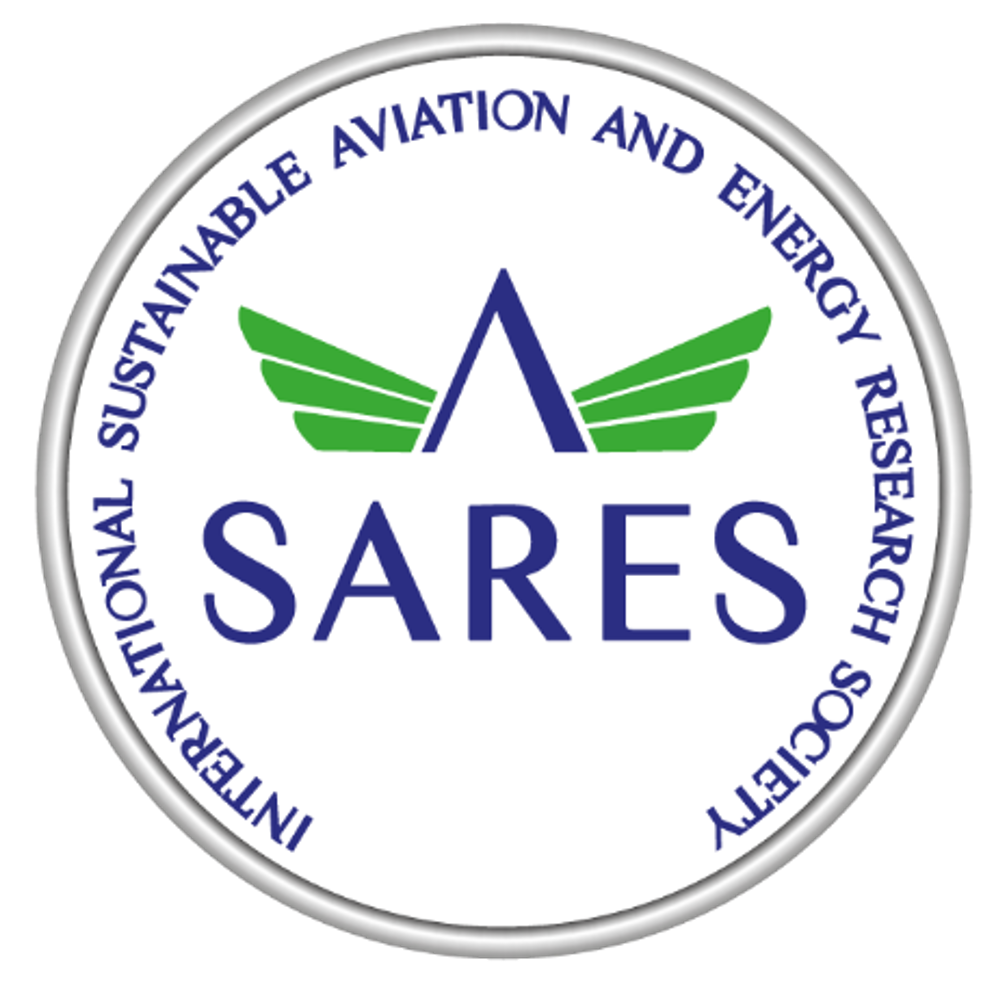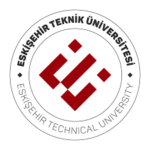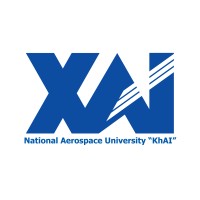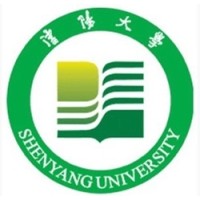Industrial Speakers
( Names sorted in alphabetical order)
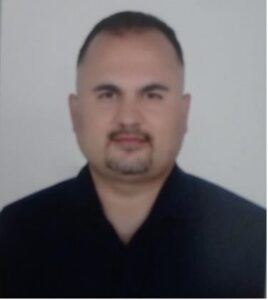
Cemil Koyunoğlu
Yalova University, Türkiye
Presentation Title: Syngas and Sustainable Aviation Fuel Production via Gasification and Fischer–Tropsch Synthesis from Solid Fuels
Syngas and Sustainable Aviation Fuel Production via Gasification and Fischer–Tropsch Synthesis from Solid Fuels
The conversion of polluting solid fuels and solid waste into clean gaseous and liquid fuels is an essential step toward a sustainable and low carbon energy future. With advanced gasification and catalytic synthesis technologies, carbon-based fuels can re-enter the economy without the use of traditional high emission combustion. Gasification can convert solid fuels (e.g., coal and lignite) and solid wastes (e.g., biomass) into synthesis gas (Syngas: CO + H₂), which can then in principle be converted into synthetic fuels (Synfuels) and or other useful synthetic chemicals from Syngas through catalytic Fischer Tropsch (FT) synthesis.
Gasification occurs in a reactor referred to as a gasifier, and occurs when feedstocks react with air, oxygen or steam alone or combined under controlled thermochemical conditions. The Fischer Tropsch (FT) process is an exothermic catalytic reaction that converts Syngas to high-quality liquid hydrocarbons such as diesel, naphtha, and more recently sustainable aviation fuel (Jet A-1). Catalyst type and structure are both important factors affecting reaction effectiveness, rate of carbon conversion and product selectivity.
This research looks at the combined design and optimization of gasification and Fischer–Tropsch (FT) synthesis systems to convert solid fuels and solid wastes to produce sustainable aviation fuels (SAFs). We will describe operating conditions, system configurations, and process efficiencies under optimum conditions and provide evidence that gasification-based Fischer–Tropsch (FT) technology can be a practicable pathway for generating sustainable fuels.
Dr. Cemil Koyunoğlu is an assistant professor at Yalova University in Türkiye’s Energy Systems Engineering Department. His field of study is combustion dynamics, gasification modeling, clean energy conversion systems, and optimization of catalytic processes. He is the developer of the CML Equation, which unifies static, dynamic, and spatial mechanics within combustion theory, introducing the Cn constant as a novel thermodynamic parameter in reactive flow modeling.
In 2019, Dr. Koyunoğlu was selected to be a member of the Academic Editorial Board of IntechOpen, which is one of the top scientific publishing platforms in the world. The Editorial Board contains Nobel Laureates including three winners of the Nobel Prize in Chemistry from 2018, the 2016 Nobel Prize in Medicine, and the 1996 Nobel Prize in Chemistry, for Yalova University a significant international award.
Dr. Koyunoğlu has led multiple research projects on CFD-based reactor design, syngas and DME production, and solar energy storage systems. He has presented works including “Safe Boiler Design with ANSYS Structural” at the Boilers and Pressure Vessels Summit and has authored contributions in Unveiling the Hidden Costs (BookPi Publishing, UK). His recent research explores the Energy Imbalance-Based Cancer Propagation Algorithm (EIBC-PA), bridging bioenergy modeling and biomedical systems toward sustainable and interdisciplinary scientific innovation.
1- Sustainable Aviation Fuel (SAF)
2- Biomass Conversion
3- Combustion Dynamics
4- CML Equation
5- CFD Modeling
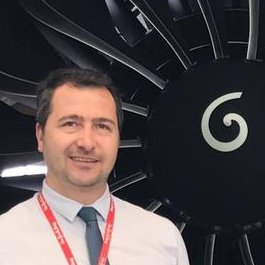
Okan Özkan
Affiliation, Country
Presentation Title: Title

Preetwant Singh
SARES- Singapore Chapter President, Singapore
Presentation Title: The Sustainability of Aviation and the Low Altitude Economy
The Sustainability of Aviation and the Low Altitude Economy
Abstract
The aviation sector stands at the crossroads of sustainability, technological disruption, and new economic frontiers. Among these, the Low Altitude Economy (LAE)—encompassing unmanned aerial systems (UAS), urban air mobility, and drone-enabled services—presents both opportunities and challenges for global aviation. This paper explores the sustainability of aviation within the context of the LAE, focusing on how emerging technologies, regulatory frameworks, and operational models can be aligned to reduce environmental impact while enabling economic growth. The integration of sustainable aviation practices with low-altitude operations has the potential to reshape logistics, surveillance, agriculture, and emergency response, but requires careful coordination of safety standards, airspace management, and energy efficiency. Drawing on advancements in green propulsion, digital air traffic management, and scalable training systems, this study highlights pathways to harmonize innovation with sustainability imperatives. The findings emphasize that the success of the LAE depends on balancing technological adoption, regulatory agility, and international collaboration to ensure that aviation’s future growth is both resilient and environmentally responsible.
Preetwant Singh is a transformative leader in aviation, renowned for his pioneering spirit and vision in shaping the industry’s future. With over three decades of experience piloting more than 20 aircraft types, he is the founder of Pegasus-AC/PAC Aviation, a leading provider of innovative training programs. His work has impacted Southeast Asia, where he has educated thousands of aspiring aviators—including over 6,500 children—ranging from enthusiasts to commercial and military professionals.
A recognized authority in sustainable aviation and UAV regulations, Singh actively contributes to advancing the global Low-Level Economy. He holds leadership roles such as VP of World UAVF Singapore Chapter, President of ISATEC
1- Aviation Education
2- Low Altitude Economy
3- Computer Based Training/Simulation with Telemetry
4- Esports
5- Geo spatial Integration

